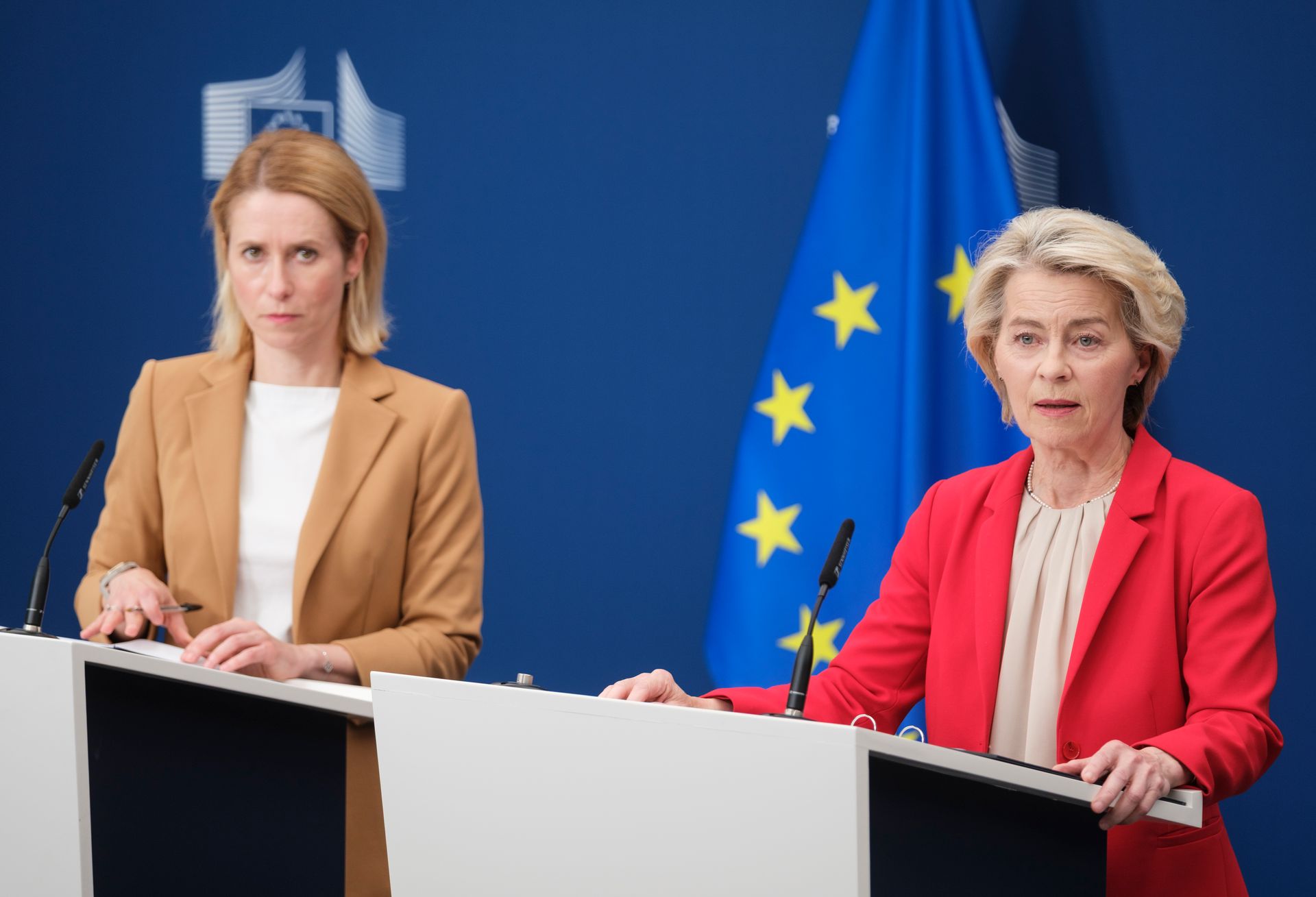Germany's Merz says Ukraine unlikely to join EU before 2034

German Chancellor Friedrich Merz said on July 18 that Ukraine is unlikely to join the European Union before the end of the bloc's next budget cycle in 2034, Reuters reported.
Speaking after a meeting with Romanian President Nicusor Dan, Merz said Germany's priority is to end Russia's war against Ukraine and focus on the country's long-term reconstruction.
"For us, the absolute top priority is, first and foremost, to do everything possible to end this war," Merz said. "Then we'll talk about the reconstruction of Ukraine... but that's going to take a number of years. It will probably not even affect the EU's current medium-term financial outlook."
Ukraine applied for EU membership shortly after Russia's 2022 invasion and was granted candidate status later that year. The accession process is structured around six negotiation clusters covering political, economic, and legal reforms.
In January, President Volodymyr Zelensky set a goal of opening all six negotiation clusters in 2025.
EU Commissioner for Enlargement Oliver Varhelyi said in 2024 that Ukraine could potentially join the bloc by 2029 if it completed the necessary reforms. In February, Lithuanian President Gitanas Nauseda proposed Jan. 1, 2030 as a target date for Ukraine's accession.












